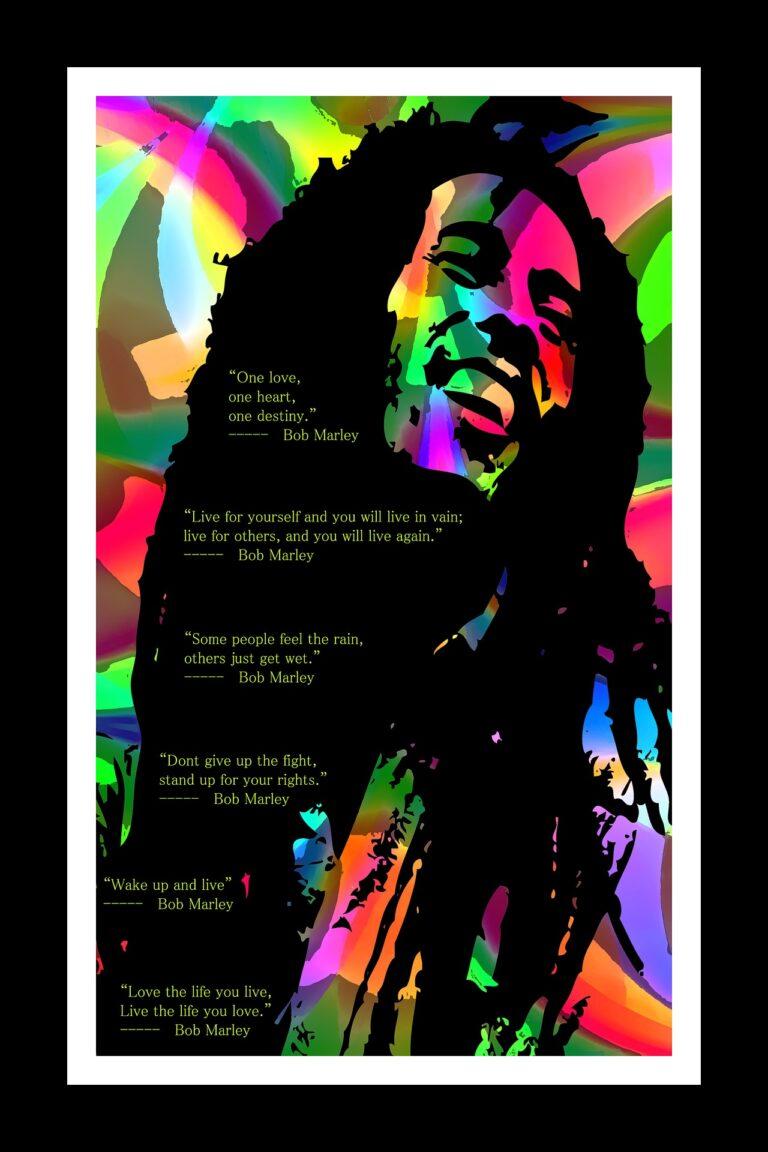A deafening cry for leadership

Over the past two months, there have been some developments in Jamaica, the reporting of which should have shaken well-thinking members of our population to their core, prompting a good percentage of Jamaicans to wonder “how did we come to this?” On the one hand, there was an episode involving the Pathways International Ministry in Montego Bay, led by the late Bishop Kevin Smith. On the other hand is the ongoing Klansman Gang trial which is being presided over by Chief Justice Bryan Sykes who has been hearing the testimonies of several former members of the gang who have turned state witnesses.
In the case of the Pathways International Church in Montego Bay, three people lost their lives on the church property a month ago. Two were victims in a reported, pre-planned human sacrificial ritual while a third was shot dead by the police as they executed a raid intended to halt the proceedings. When the smoke settled, the police, reportedly, had detained more than 40 of the members including its pastor, Kevin Smith, and more than 15 children who have since been turned over to the state for safekeeping. No sooner had the story broken than some current and former members sought to distance themselves from Bishop Smith’s organization, with many calling it a cult.
The truth be told, cults are usually centred on a charismatic figure who is adored by his or her followers, to the point of emotional and even sexual submission. This type of behaviour, generally, satisfies a deeply felt need by filling a gap in lived experience and provides a sense of belonging. According to sociologists, this has to do with the search for identity, an experience that has been all too common among people alienated from themselves and their surroundings. Unfortunately, Jamaica, with its culture of weak family structure and substandard formal education, is fertile ground for the emergence of cults with their charismatic leaders. It is also fertile ground upon which the gang culture has taken root, the majority of which have plunged through the dermis of the country’s social foundations.
According to Jamaica’s national security minister, Dr Horace Chang, during his presentation on the report of the Joint Select Committee on Anti-Gang Legislation on 15 May 2021, there were some 389 gangs in Jamaica. Minister Chang stated that of this figure, 83 percent were first-generation gangs while 17 percent were second-generation gangs. Dr. Chang would like Jamaicans to believe that there are no third-generation gangs in Jamaica. Third-generation gangs, he stated, had a strong identifiable leader, as well as a formal hierarchical system with structurally assigned roles necessitating the deployment of actors to operate in specific territories. These gangs, typically, employ high levels of violence and have access to power and influence. As I read the report, I wondered why Dr Chang’s audience didn’t ask him to sit down. For how would he classify the current One-Order and Klansman gangs?
It is this structure and its relationships that is being exposed in the ongoing Klansman Gang trial in Kingston. For us as a society, the expressions by witnesses as to the hierarchical structure, the loyalties, the impact of that influence on unattached youth who want to belong, drive the country’s crime rate, especially murder. An extract of evidence presented by a witness testifying in the trial said that its leader, Bryan, was miffed to learn that Montego Bay and Clarendon at times were recording more murders and shootings than Spanish Town where the Klansman is based. He claimed that Bryan said the gang needed to up its game in this respect as those areas should not be beating Klansman’s turf. He said, further, that the alleged leader assigned an individual to come up with a strategy to drive up the murder numbers for their home base.
This is a Jamaican giving instructions to kill other Jamaicans to earn “(murder-leading parish) bragging rights.” Against such a background, it isn’t that difficult to imagine a religious (cult) leader planning to murder/sacrifice 144 members of his congregation in a ritual ceremony and similarly expecting to get away scot free. After all, more than 1,300 Jamaicans have been murdered every year for the last 25 years and in more than 85 percent of these cases there have been no convictions. Worse, Jamaicans have come to accept that as normal.
When one combines just those few issues amplified above, it is not difficult to appreciate the deepening plunge in the confidence of a widening pool of Jamaicans in the ability of social and political leaders to harness the country’s slide towards anti-social behaviour. Add to that, the unabated bloodletting among Jamaicans which makes it difficult to contradict the view that we are becoming a failed State. Jamaicans are crying out for leadership as those in charge have abandoned this role.
Richard Hugh Blackford is a Jamaican creative artist residing in the United States.






